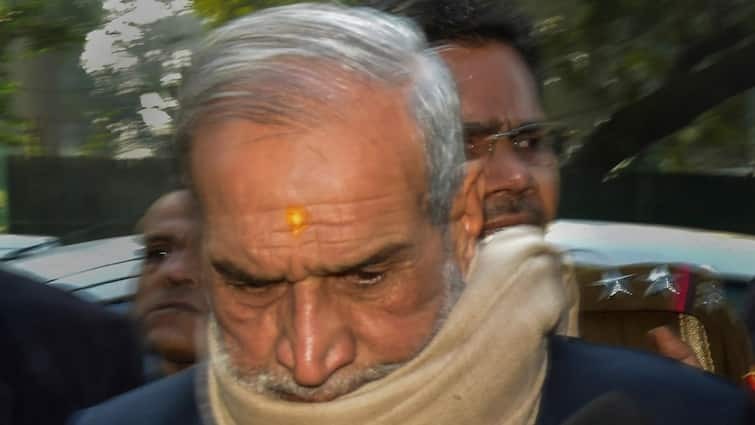
The legal proceedings in the 1984 anti-Sikh riots case have reached a critical stage, with the court reserving its decision on the request for a death sentence for former Congress leader Sajjan Kumar. The case, which has been under scrutiny for decades, remains one of the most significant trials related to the riots that followed the assassination of Prime Minister Indira Gandhi.
The Case Against Sajjan Kumar
Sajjan Kumar was convicted for his role in inciting violence during the 1984 riots, which led to the tragic deaths of thousands of Sikhs across the country. He was sentenced to life imprisonment in 2018, but the prosecution has now sought the death penalty, arguing that his actions warrant the highest form of punishment.
Court Reserves Its Decision
After hearing arguments from both the prosecution and the defense, the court has decided to reserve its verdict on whether the death penalty should be awarded. The prosecution has emphasized the severity of the crime, calling for strict action, while the defense has countered by questioning the evidence and legal grounds for a death sentence.
Impact of the Verdict
- Justice for Victims: Families of the victims have been awaiting justice for decades. A death sentence would be seen as a landmark ruling in holding those responsible accountable.
- Political and Legal Implications: The verdict could set a precedent for similar cases and may have political ramifications, given the long history of legal battles surrounding the riots.
- Public and Community Reactions: The Sikh community and human rights groups have been closely monitoring the case, calling for justice and stronger legal action.
--Advertisement--

 Share
Share



